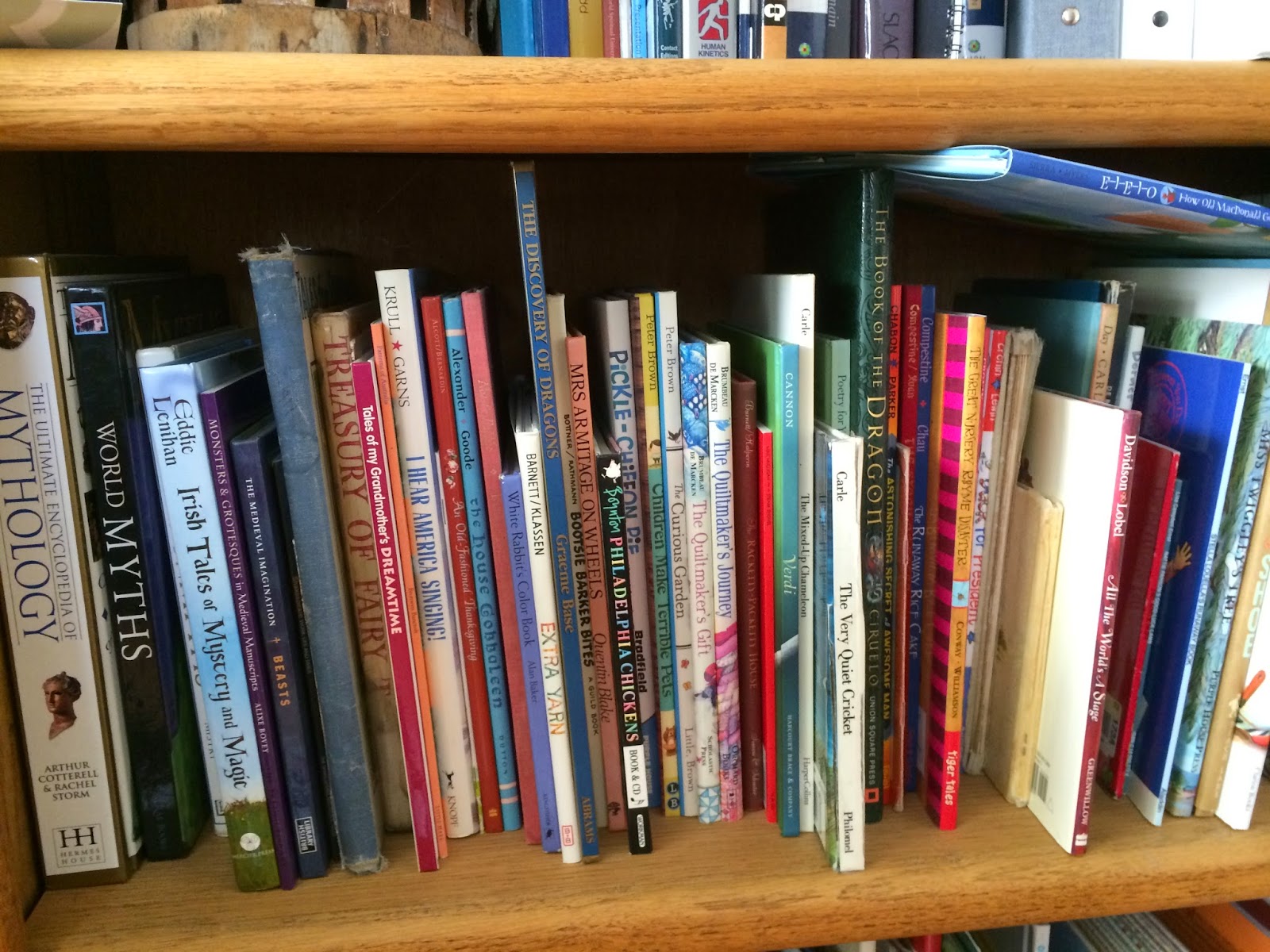T. is in the process of writing
his college application essays. He
writes well. When he asked me to
look the essays over, I was impressed.
I was also poleaxed.
The first prompt is this:
Describe
the world you come from — for example, your family, community or school — and
tell us how your world has shaped your dreams and aspirations.
T. wrote about what it was like to grow
up in two households, one in Berkeley and one in Lafayette. He acknowledged the benefits of both,
enjoying the privileges of Lafayette with the rigors of Berkeley. Perhaps his understanding of the
differences between the two places is not as nuanced as it might be if he were
older, but he grasps the essentials.
Intellectually, I can say it is well done.
But he described our household in
Berkeley as one in which money was tight and emotions were high. I wish I could remember the actual word
he used instead of high; it was more loaded than that, at least to my poor
heart. I failed. It was my job to protect and care for
him, and I didn’t. He felt the
struggle. He suffered from the
turmoil.
I’m a depressive. I take everything as a sign of my
failure. I know. My rational mind tells me that T. is no
more screwed up than any of us and better off than many. I just hoped that the two-phrase
version of life at my house when he was little was better than not much money
and too much drama. I need to
remember that not everything is about me.
The second prompt is this:
Tell
us about a personal quality, talent, accomplishment, contribution or experience
that is important to you. What about this quality or accomplishment makes you
proud and how does it relate to the person you are?
He wrote about his experience last
summer when he went to the Pirate Festival with his dad. Rick got so drunk that he ended up in
the hospital. T. had to take the
car keys away from him and get help from festival staff and Brent and me. T. wrote about how he realized he could
be resourceful and responsible, about how he now knows he can deal with crisis. The writing is a little raw yet. I think he needs to consider the
context and choose wisely how to describe the aftermath.
And it breaks my heart. That he had to have the experience in
the first place hurts. As
wonderful as it is that he has found strength in it, I hate it that T. lost one
of his heroes that day. There is
no hiding from the brokenness.
That, I suppose, is the message
of T.’s essays, taken together.
There is no hiding from the brokenness, but that is okay. We can live with the brokenness and
still grow and love and prosper.
At least I hope so.
(This is an old photo of T. in his Napoleon hat; I don't have any pirate pictures in digital for some reason.)

,_2nd_president_of_the_United_States,_by_Asher_B._Durand_(1767-1845)-crop.jpg)



